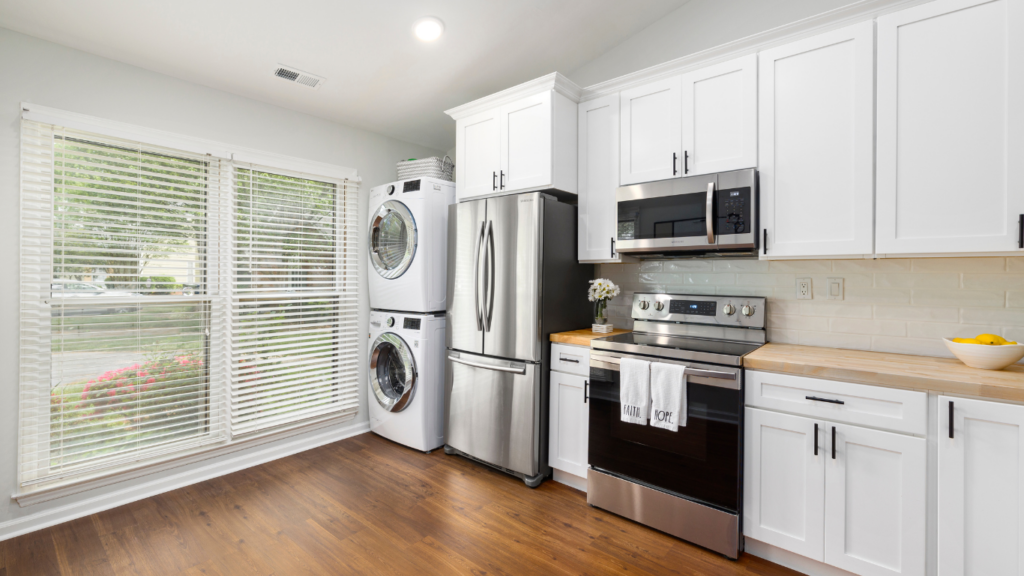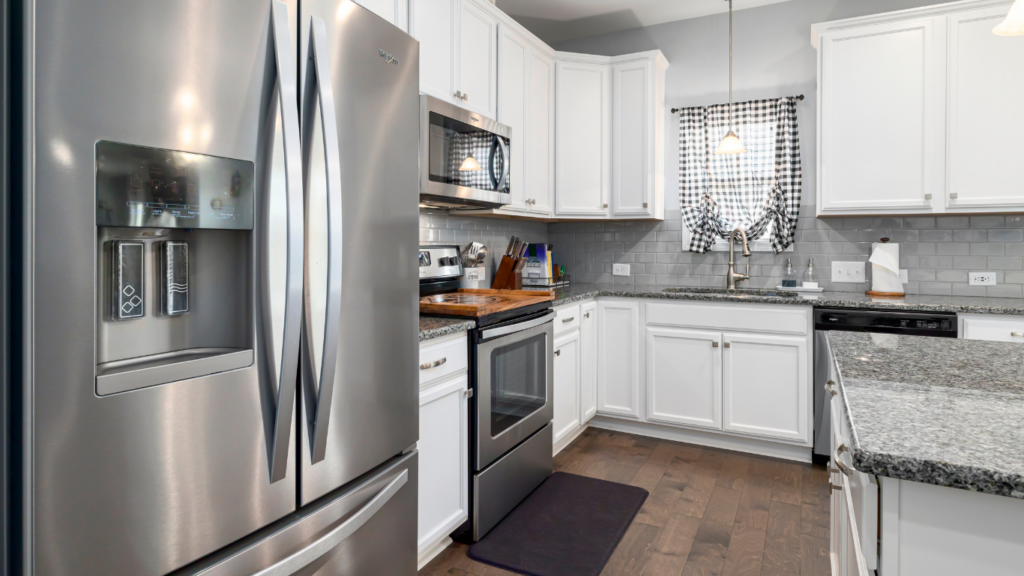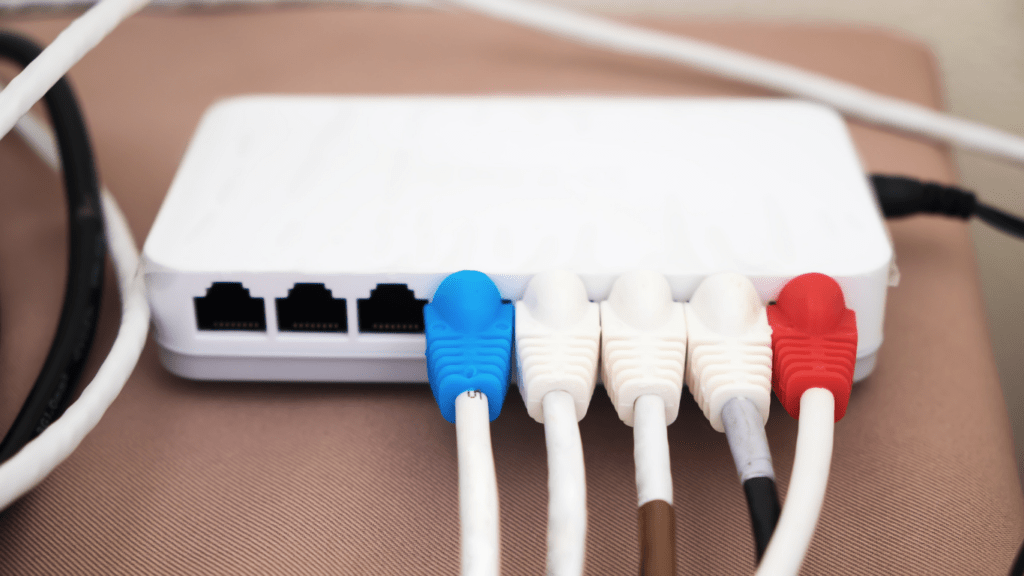In today’s fast-paced world, AI technology is revolutionizing the way we interact with our living spaces. From automated thermostats that adjust to our preferences to voice-activated assistants that can control various home devices, the integration of AI in modern smart homes has made daily life more convenient and efficient.
As an avid enthusiast of innovative technologies, I’ve witnessed firsthand the incredible impact AI has had on transforming traditional houses into intelligent, interconnected environments. With AI-powered devices becoming increasingly prevalent in households, the concept of a smart home is no longer a distant vision of the future but a tangible reality.
As I delve deeper into exploring the role of AI in modern smart homes, I am continually amazed by the endless possibilities it offers in enhancing comfort, security, and energy efficiency. Join me on a journey to unravel the fascinating ways in which AI is reshaping the way we experience and interact with our living spaces.
Evolution of Smart Homes
Exploring the Evolution
The evolution of smart homes has been nothing short of remarkable. From their humble beginnings to the sophisticated systems we have today, smart homes have come a long way in a relatively short time.
The integration of AI technology into smart homes has played a pivotal role in this evolution, revolutionizing the way we interact with our living spaces.
Advancements in Connectivity
One of the key drivers of the evolution of smart homes has been the rapid advancements in connectivity. The proliferation of high-speed internet and the widespread adoption of IoT devices have paved the way for seamless integration and communication between various smart devices in the home.
This interconnected network forms the backbone of a modern smart home, allowing for centralized control and automation of functions ranging from lighting and temperature to security and entertainment.
Enhanced User Experience
With the integration of AI technology, smart homes have witnessed a significant enhancement in the user experience. AI-powered devices can learn from user behavior, anticipate preferences, and adapt settings accordingly, creating a truly personalized and tailored living environment.
Whether it’s adjusting the thermostat based on occupancy patterns or recommending movies based on viewing history, AI has revolutionized the way we interact with our homes.
Future Prospects
As AI continues to advance and evolve, the future prospects for smart homes look incredibly promising. With AI algorithms becoming increasingly sophisticated and capable, we can expect even greater levels of automation, personalization, and energy efficiency in our living spaces.
The integration of AI-driven predictive analytics and machine learning capabilities will further enhance the functionality and intelligence of smart home systems, making them an indispensable part of our daily lives.
Benefits of AI Integration
AI integration in modern smart homes brings a myriad of benefits that enhance daily living experiences.
Enhanced Security Features
I’ve seen how AI integration bolsters security in smart homes by enabling features like facial recognition, smart surveillance cameras, and automated door locks. These technologies work seamlessly to monitor activities, detect anomalies, and provide alerts in real-time, ensuring a secure environment for residents.
Energy Efficiency
AI plays a crucial role in optimizing energy usage within smart homes. From adjusting lighting based on natural light levels to regulating thermostat settings for maximum efficiency, AI algorithms continually analyze and adapt to consumption patterns, resulting in reduced energy waste and lower utility bills.
AI Assistants in Smart Homes
AI assistants play a pivotal role in modern smart homes, revolutionizing how we interact with our living spaces.
Voice-Activated Controls
Enhancing the user experience, voice-activated controls are a prominent feature of AI assistants in smart homes. They allow seamless interaction with various devices, enabling me to simply use voice commands to adjust settings, play music, or even order groceries.
AI-Enabled Smart Devices
In AI-enabled smart homes, devices play a crucial role in automating tasks and enhancing user experiences. Smart devices powered by artificial intelligence can learn and adapt, making our daily routines more convenient and efficient.
These cutting-edge technologies have revolutionized the way we interact with our living spaces, providing a seamless and personalized environment tailored to our preferences.
- Smart Thermostats: AI-driven smart thermostats, such as the popular Nest Learning Thermostat, analyze user behavior to adjust temperature settings automatically. By learning your schedule and temperature preferences, these devices optimize energy consumption, leading to cost savings and improved comfort.
- Voice-Activated Assistants: Virtual assistants like Amazon’s Alexa and Google Assistant have become household staples in AI-powered homes. These voice-activated devices allow hands-free control of various appliances, from adjusting lighting to setting reminders, providing a convenient and intuitive way to manage daily tasks.
- Smart Security Systems: AI has bolstered home security with advanced features like facial recognition and smart surveillance cameras. These systems provide real-time monitoring and alerts, enhancing the safety of residents and deterring potential intruders.
- Automated Lighting Systems: AI-controlled lighting systems can adjust brightness levels based on natural light conditions or user preferences. By optimizing lighting throughout the day, these smart devices contribute to energy efficiency and create a comfortable ambiance in living spaces.
- Smart Appliances: AI integration in home appliances, such as refrigerators, washing machines, and ovens, enables automated operation and remote monitoring. These devices can learn usage patterns to optimize performance, reduce energy consumption, and streamline daily chores.
With AI-enabled smart devices becoming increasingly prevalent in modern homes, the future holds exciting possibilities for even more intelligent and interconnected living environments. As these technologies continue to evolve, the synergy between artificial intelligence and smart home devices will redefine the way we experience comfort, security, and efficiency in our homes.
Challenges and Concerns
Exploring the integration of AI in modern smart homes reveals a landscape filled with innovation and possibilities. However, alongside the myriad benefits, several challenges and concerns warrant attention to ensure the optimal functioning and security of these intelligent living spaces.
- Data Privacy and Security: AI-powered devices in smart homes collect vast amounts of personal data to enhance user experiences. Ensuring robust data privacy measures is crucial to prevent unauthorized access or misuse of sensitive information.
- Interoperability Issues: The compatibility between different AI devices and platforms can be a significant challenge, leading to issues with seamless integration and communication within the smart home ecosystem.
- Reliability and Dependency: Relying heavily on AI systems for everyday tasks can lead to concerns about system failures, malfunctions, or dependency issues, raising questions about the reliability of these technologies.
- Ethical Considerations: AI algorithms making autonomous decisions in smart homes raise ethical dilemmas, such as bias in decision-making processes or the delegation of critical tasks to intelligent systems.
- Lack of Standardization: The absence of universal standards in AI technology for smart homes can result in fragmentation and inconsistency across devices, posing challenges for users in managing and controlling their interconnected systems.
Addressing these challenges and concerns surrounding AI in modern smart homes is essential to ensure a secure, efficient, and user-centric living environment that leverages the full potential of artificial intelligence technology.





